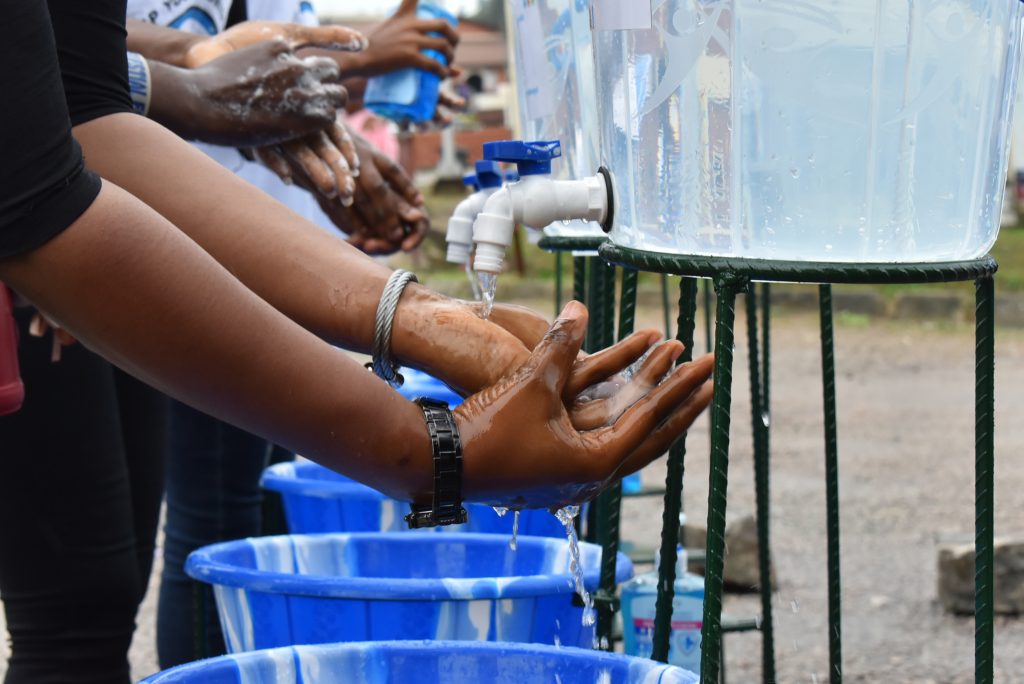Hand hygiene, also known as handwashing, is a crucial practice that involves cleaning one’s hands thoroughly with soap and water to reduce the presence of harmful micro-organisms known as pathogens.
This practice plays a significant role in preventing the transmission of germs, which can cause various diseases and infections.
The need for regular handwashing cannot be overstated, especially in our current times. Hands serve as the primary pathway for germ transmission, especially in healthcare settings.
Proper handwashing with soap and water helps to eliminate germs effectively, thus reducing the risk of spreading illnesses such as diarrhea, respiratory infections, skin, and eye infections.

There are several key reasons why maintaining good hand hygiene is essential:
Preventing Germ Transmission
People often touch their eyes, nose, and mouth without realising it, allowing germs to enter the body and cause sickness. Washing hands helps to remove these germs and prevents infections.
Food Safety
Germs from unwashed hands can contaminate food and drinks during preparation or consumption, leading to foodborne illnesses. Proper hand hygiene reduces this risk significantly.
Preventing Surface Contamination
Germs from hands can transfer to objects like handrails, table tops, or toys, and then to other people’s hands. Regular handwashing minimises the spread of germs and infections through such surfaces.
How Often Should You Wash Your Hands?
The frequency of handwashing is not the sole factor in effective hygiene. What truly matters is understanding when and how to wash your hands correctly. Wash your hands whenever necessary, ensuring you follow proper handwashing techniques each time.

It is important to wash hands at specific times, including; after using the toilet, before and after handling food, after sneezing or coughing, after touching surfaces in public areas, after handling garbage or waste, and after touching animals.
This practice not only protects individuals from infections but also prevents the spread of illnesses to others, making it a fundamental aspect of public health and disease prevention strategies.
By making handwashing a regular part of your daily routine, you contribute to creating a healthier environment not just for yourself, but for everyone.


